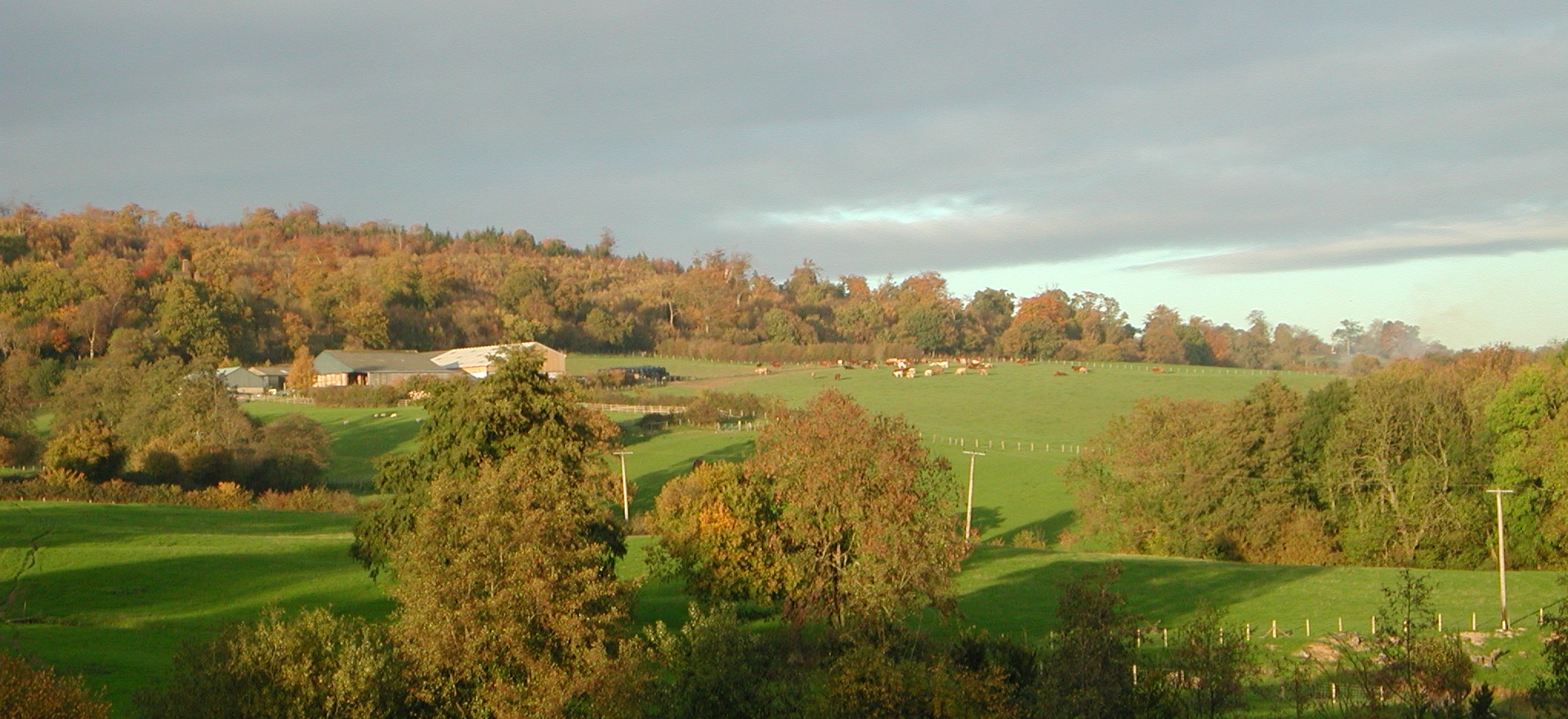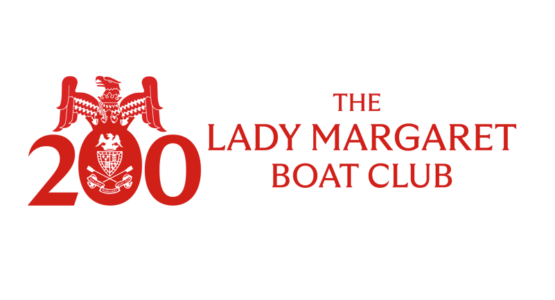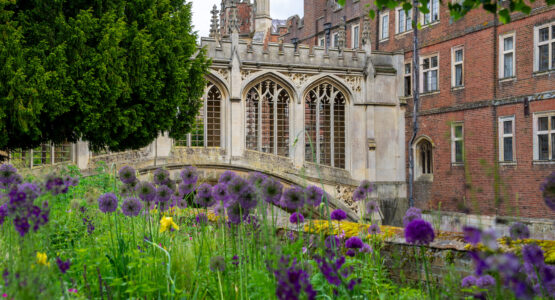Paul Cobb (1974) studied Modern and Medieval Languages at St John’s, before going on to pursue a career in farming and conservation. More recently, his love of landscape and history have inspired him to write ‘The Book and the Knife’ series of books, set in pre-conquest England.
Please tell us a bit about your background and your time at St John’s
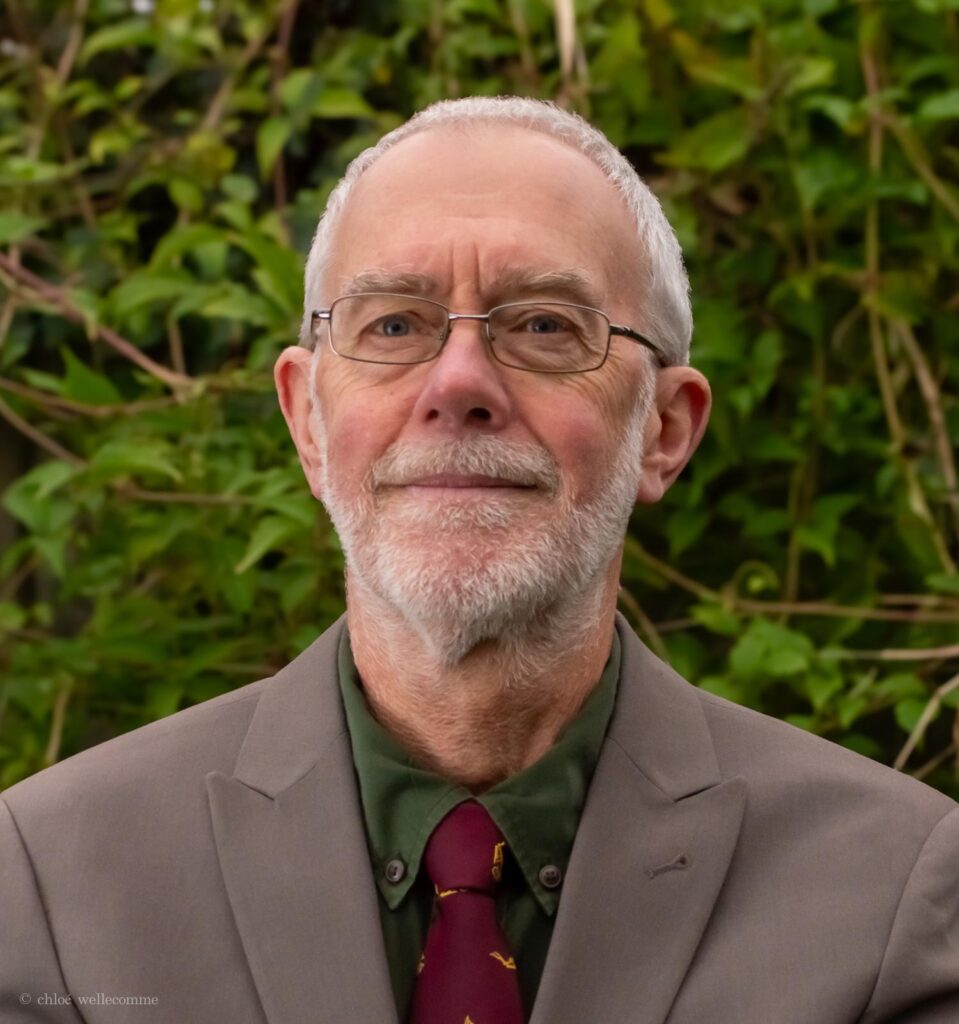
I grew up on a farm in the Yorkshire Dales and followed my brother to St John’s. I like to claim we were the first from our rural area to go to the College since Tom Fairfax, the Civil War parliamentarian and soldier who came from nearby Denton Hall. Maybe I should have read History, like my son Izaak who came to John’s in 2018! Indeed I nearly changed after my first year to Archaeology and Anthropology, but I stuck with MML, reading French and German. I’d been environmentally aware since school; I must have been one of the first ever members of Friends of the Earth. I got involved in green initiatives at Cambridge, touring St John’s staircases after Saturday night parties to collect the empty bottles for recycling – quite an insight into College social life!
How did you get from studying languages to working in farm conservation?
I realised while a student that too much time inside wasn’t good for my soul, and the first jobs I had after I graduated included a spell back on the farm. I’d got a deep love of nature from my father to go with my own concern for the environment, and my lovely wife Linda (whom I met while we were both living in Cambridge) supported me in taking a degree in Environmental Sciences at the University of Salford.
At the time I finished my MSc (1983) the Farming & Wildlife Advisory Group (FWAG) was starting to appoint staff. In one of those happenings that would seem fanciful in a novel, back in Cambridge in a remote wing of the University Library I bumped into someone who put me in touch with Sir Norman Moore, a highly respected scientist who was involved with Cambridgeshire FWAG. Sir Norman met me and read my Salford dissertation, a research study of the home farm with some practical projects. I quickly got an interview with Kent FWAG, and that was it – I spent the next 40 years as a farm conservation adviser, helping farmers look after the environment of my adopted county.
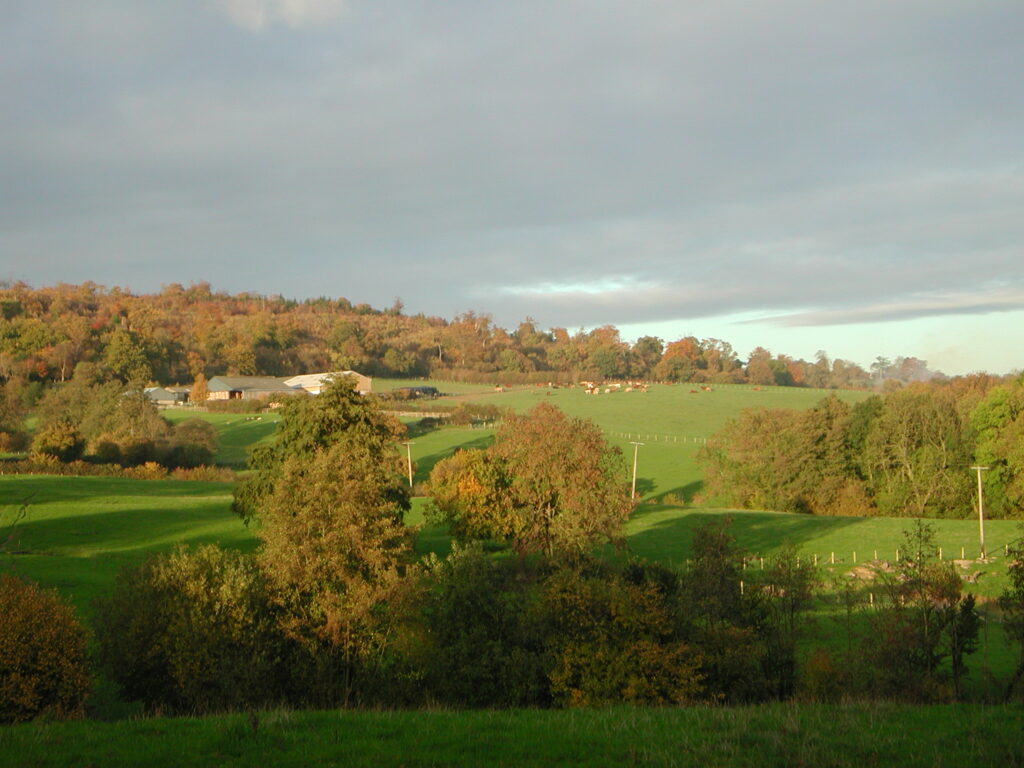
It’s been an ideal job for me, keeping my roots in farming. Working with the sons and daughters of the farmers I started working with, and seeing the changes in farming and the landscape, is immensely rewarding. I’ve done everything from writing landscape studies and organising conferences to tree planting and taking soil, water and vegetation samples. And I came back to my languages, doing work in France with growers and a sustainable agriculture group, as well as running EU Interreg funded projects with partners in France. Nothing beats standing in a Picardy farmyard, translating ad hoc to a group of English farmers how a bough of holly hung up in the cowshed keeps ringworm away from French cattle. Vraiment?
How did you become a newspaper columnist?
I had success with a couple of competition pieces for Farmers Weekly and got taken on as a regular opinion columnist, writing on topical farming issues. It was an enjoyable challenge, as I often cast a sceptical eye over government’s attempts to reform or set up agri-environment schemes. I liked to take the part of the farmer having to make sense of hapless and ever increasing bureaucratic complexity while trying to make a living. But I wrote on many topics, from dealing with raptors and badgers to rural politics, from farming commentators like Jeremy Clarkson to rock stars buying farms, and from farming in World War Two to finding a mediaeval moated site on a farm I was surveying.
What inspired you to write The Book and the Knife: Thegn of Berewic and what is it about?
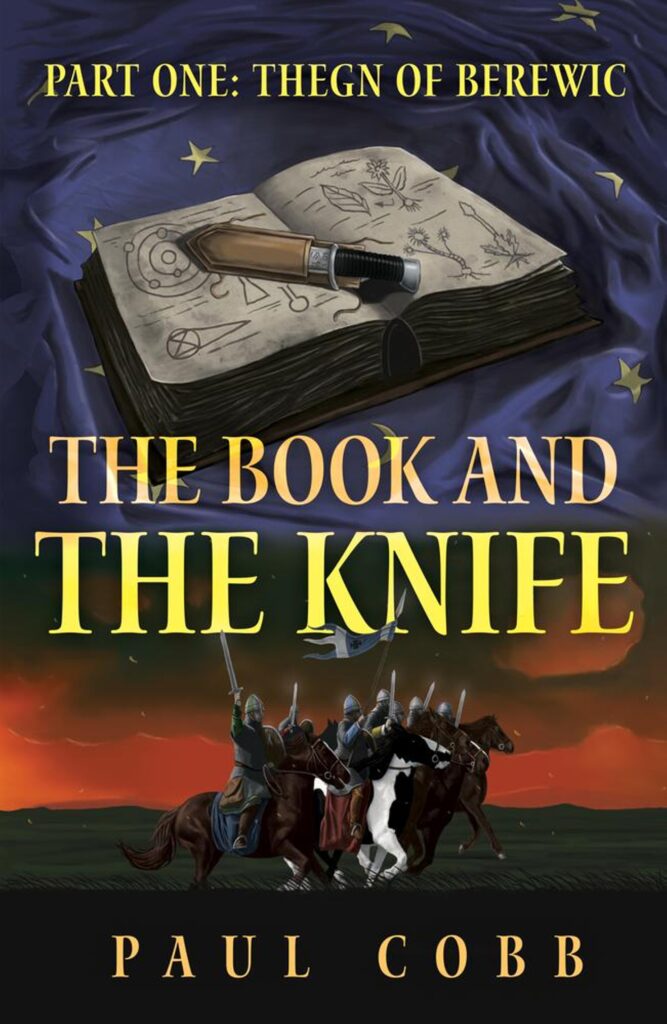
My mother was passionate about history (for her the Wars of the Roses were still going on) and it rubbed off on me. I’ve always seen history as another dimension to landscape and I’m fascinated by how landscape has been shaped by peoples through the ages. Once the action in Thegn of Berewic leaves Spain, it’s part homage to the 11th century landscapes of Normandy and Sussex.
I just needed to find my characters and place them there. I had an image in mind, of two young people from rival families whose lives are torn apart by an invasion and war. At the centre of English history, the Norman invasion in 1066 fits perfectly, but it was an invasion that had origins, and that triggered a war of resistance – that’s why ‘The Book and the Knife’ is a series, spanning decades of historical events.
I’ve always been captivated by the culture of Moorish Spain, its vast knowledge in many fields that was slow to reach Christian Europe. ‘The Book’ is from Spain, playing its part in the series with the foretelling of a ruler who will govern through the knowledge it holds. So the novel is the story of the power of knowledge, of the struggle for control of England before the Battle of Hastings and of a generation-spanning feud between two families.
What’s next for you?
Well, promoting Thegn of Berewic, of course. And two more of ‘The Book and the Knife’ series are drafted, England’s Æthling and Outlaw of the Conquest, so watch this space! The final instalment will be The True King. And I researched far more material than could go into the books, so I will have lots of historical topics for readers of my website blogs…
Learn more about Paul and his novels at www.paulcobb.com
